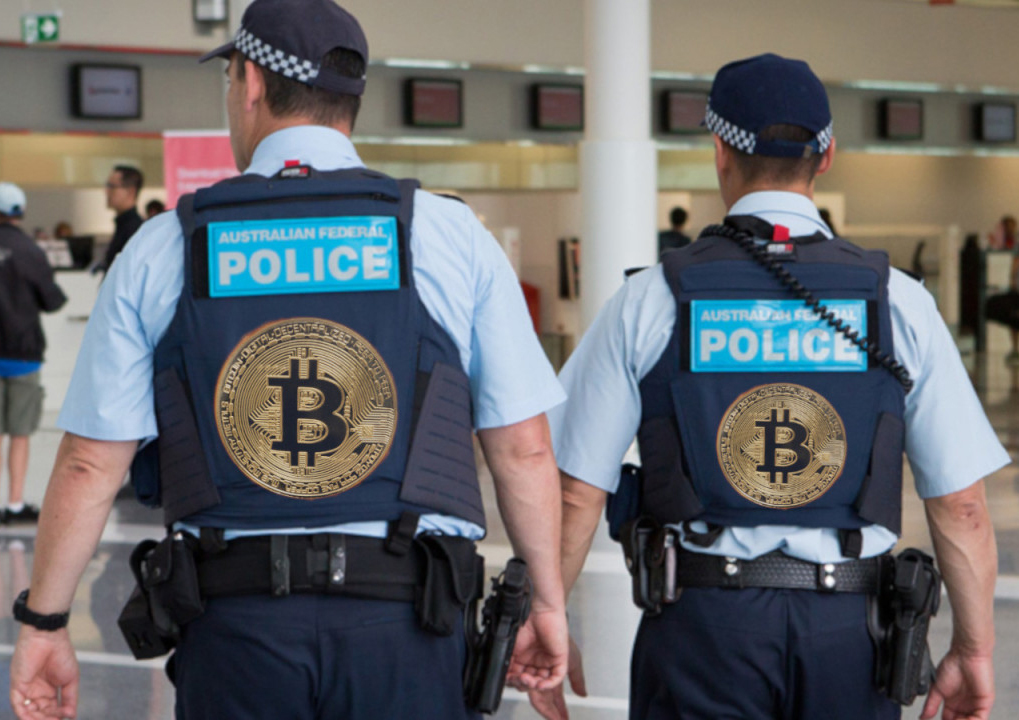 The International AIDS Society (IAS) published a policy brief on “Reducing harm: police as partners in preventing HIV, promoting public health and protecting the rights of people who use drugs“. The brief spotlights the role of police through exploring the interface of policing, harm reduction and the human rights of people who use and inject drugs.
The International AIDS Society (IAS) published a policy brief on “Reducing harm: police as partners in preventing HIV, promoting public health and protecting the rights of people who use drugs“. The brief spotlights the role of police through exploring the interface of policing, harm reduction and the human rights of people who use and inject drugs.
The police have a central role in enabling people who use drugs to realise their human rights and access the health and other services they need and are entitled to. By fulfilling this role and becoming a partner in harm reduction, both the police and the broader communities in which they serve benefit immeasurably.
Law enforcement must work in partnership with the community, including people who use drugs, in pursuit of creating a rights- and health-affirming environment. While protecting public health is not the primary function of the police, operating within a human rights framework that improve health and well-being is part of progressive and effective policing practice.
Launched on World Hepatitis Day in 2018, the IAS policy brief series on inclusive care services and policies spotlights the needs of people who use drugs and aims to accelerate the global viral hepatitis response by bringing more attention to a population whose needs remain underserved. Topics include prioritizing people who inject drugs in viral hepatitis C (HCV) elimination efforts, women who inject drugs, police and harm reduction, young people who inject drugs and community-delivered harm reduction services. Other areas of focus include stigma and effective advocacy strategies for health promotion.
 To read, download and share this policy brief follow this link>>>
To read, download and share this policy brief follow this link>>>

